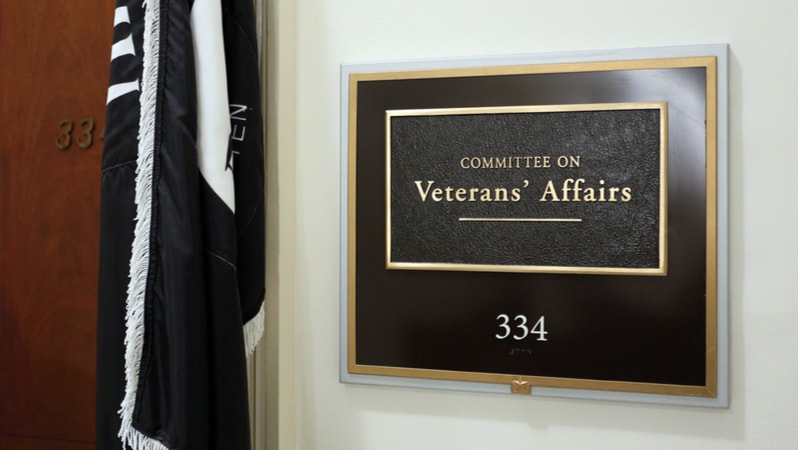
The Department of Veterans Affairs (VA) electronic health record (EHR) modernization launch in Spokane, Washington was indefinitely delayed on Feb. 10, leaving members of the House Committee on Veterans’ Affairs Subcommittee on Technology Modernization concerned about agency transparency.
“There are many questions that remain and the subcommittee needs answers in order to continue its oversight of the $16 billion project, especially as the President’s Budget proposes a speed up of the roll out. Therefore, the subcommittee will be scheduling a hearing on this topic in the coming weeks,” Subcommittee on Technology Modernization Chairwoman Rep. Susie Lee, D-Nev., said at a Feb. 12 hearing.
In its announcement of the EHR go-live delay, VA explained that EHR modernization was only 75 to 80 percent complete and it needs more time to finish building the system and training clinicians.
“If there needs to be a delay to get the system to a place where veterans lives are not at risk and the VA staff are ready to use it, then that’s the right thing to do” Lee said. “However, I’m concerned that as we move closer to go-live date, we have been told repeatedly that there were no showstoppers in the implementation, that testing was going great, and that things were on track. I get that in software development testing conditions can change rapidly, but I require that the VA be transparent and accountable.”

House Committee on Veterans’ Affairs Chairman Rep. Mark Takano, D-Calif., added, “Here’s the thing, I was told last week by [VA] Secretary Wilkie that everything was on track with the electronic health record modernization roll out. Yet on Monday, I’m told that the go-live was going to be postponed with no definitive timeline about how long it will be delayed … I want to know when this became apparent because last week the secretary himself said this was all moving forward and didn’t anticipate any issues.”
VA CISO Paul Cunningham, witness at the hearing, told Takano that that the EHR project is outside of his purview and that he only found out about the delay yesterday.
“From my understanding, we have what we need. We’re partnered with DoD. We’re sharing information. The decision to delay was more of a tactical one and not necessarily a resource limiting issue,” Cunningham said.
According to a release from VA, a revised go-live schedule will be released “in the coming weeks.”
Lee explained that transparency around the EHR delay is tied to the importance of data privacy and protection standards at VA. Now, she said, is the time for Congress and VA to make deliberate decisions about how and why data is used.
“The EHR initiative coupled with this four-year billion dollar departmentwide technology refresh gives the VA the opportunity to set standards and rules from the outset … these requirements will not only benefit veterans, but might also serve as the nationwide example of balancing privacy with interoperability and big data innovation with confidentially,” Lee said.
One option for ensuring the protection of veterans’ records is expanding Health Insurance Portability and Accountability Act (HIPPA) laws to include how electronic records are managed and stored, Cunningham suggested. He warned, however, that zero-tolerance compliance could stifle growth.
“If zero tolerance is what we’re going for, we’re going to miss out on a lot of opportunities that technology brings and even life-improvement opportunities if we’re not being able to share information with third parties that are trusted … We’re trying to bring better value and better customer experience to the veteran and that also includes security and privacy in that risk decision,” Cunningham said.
